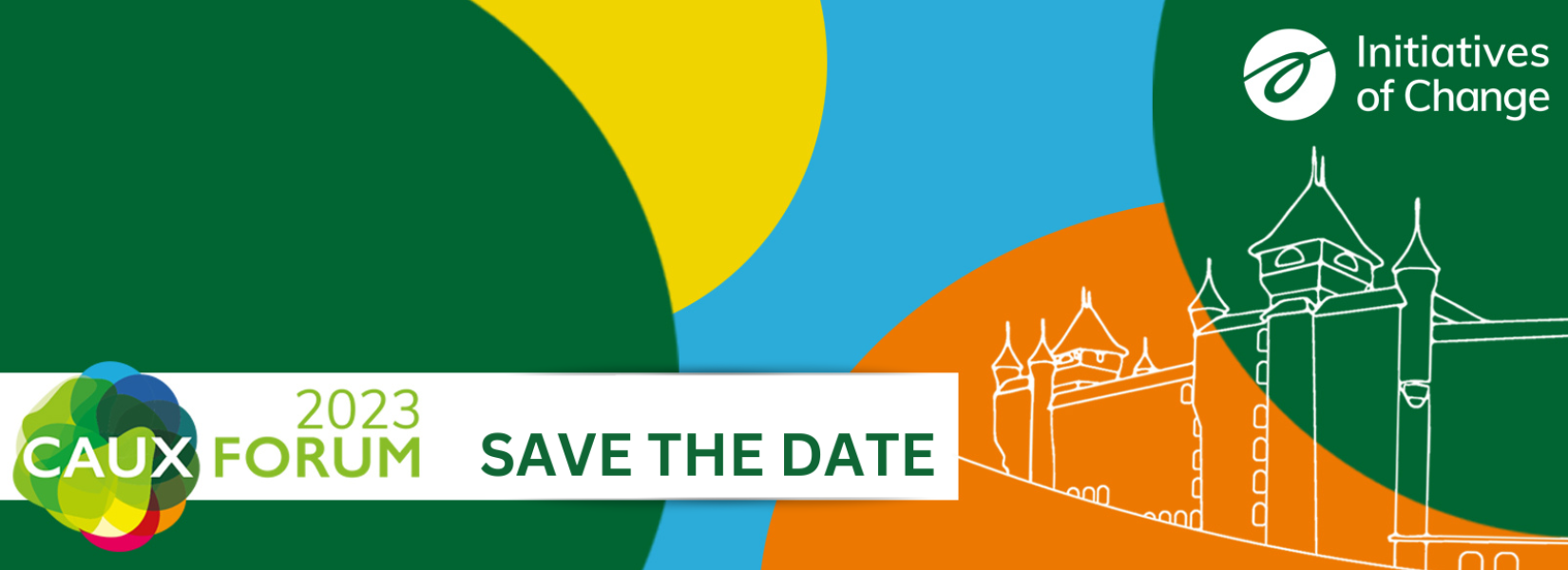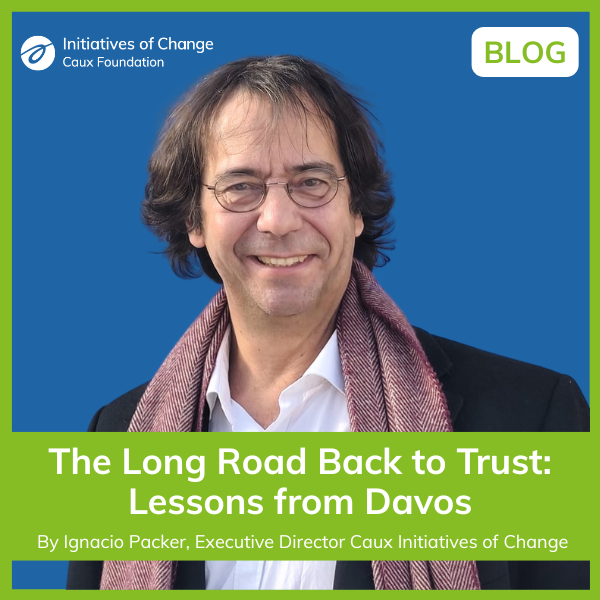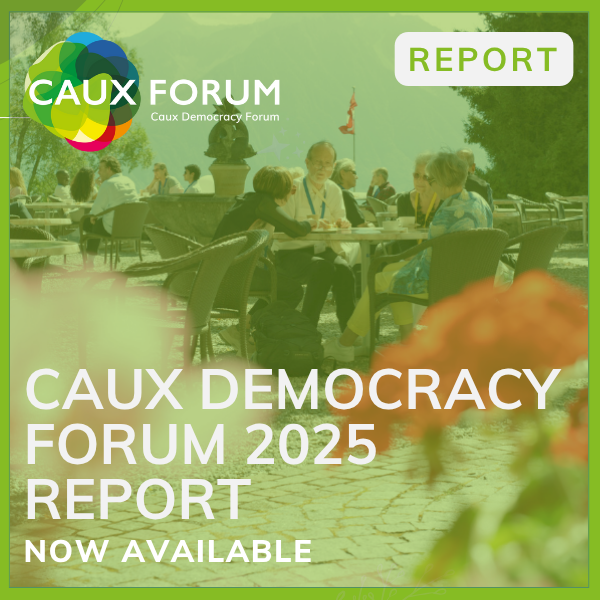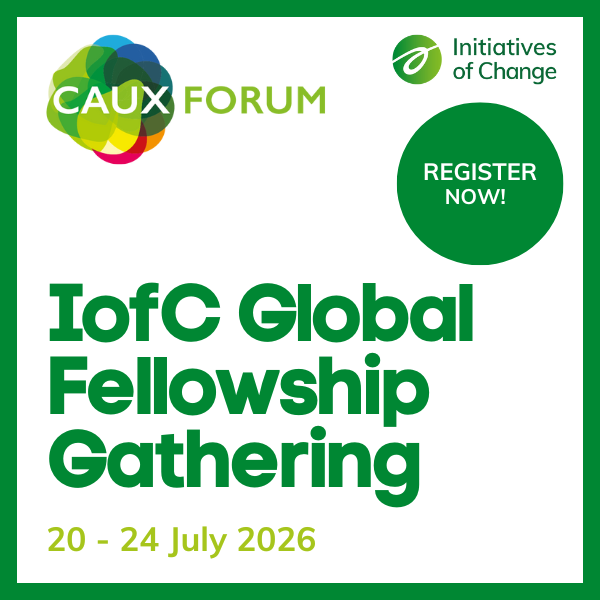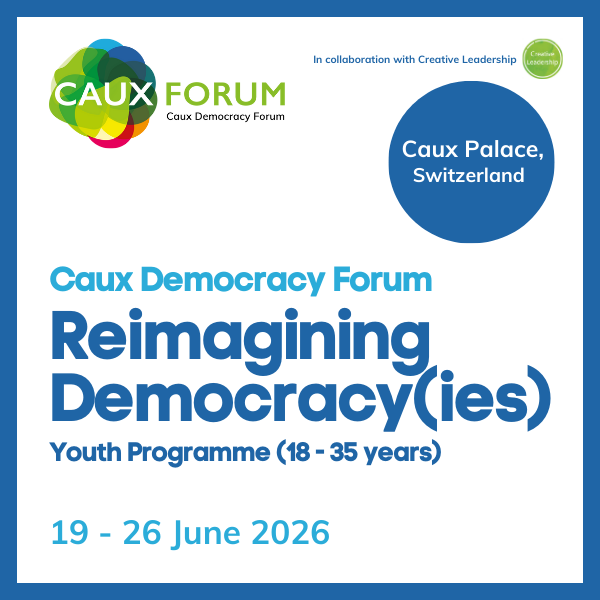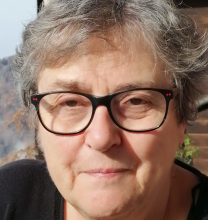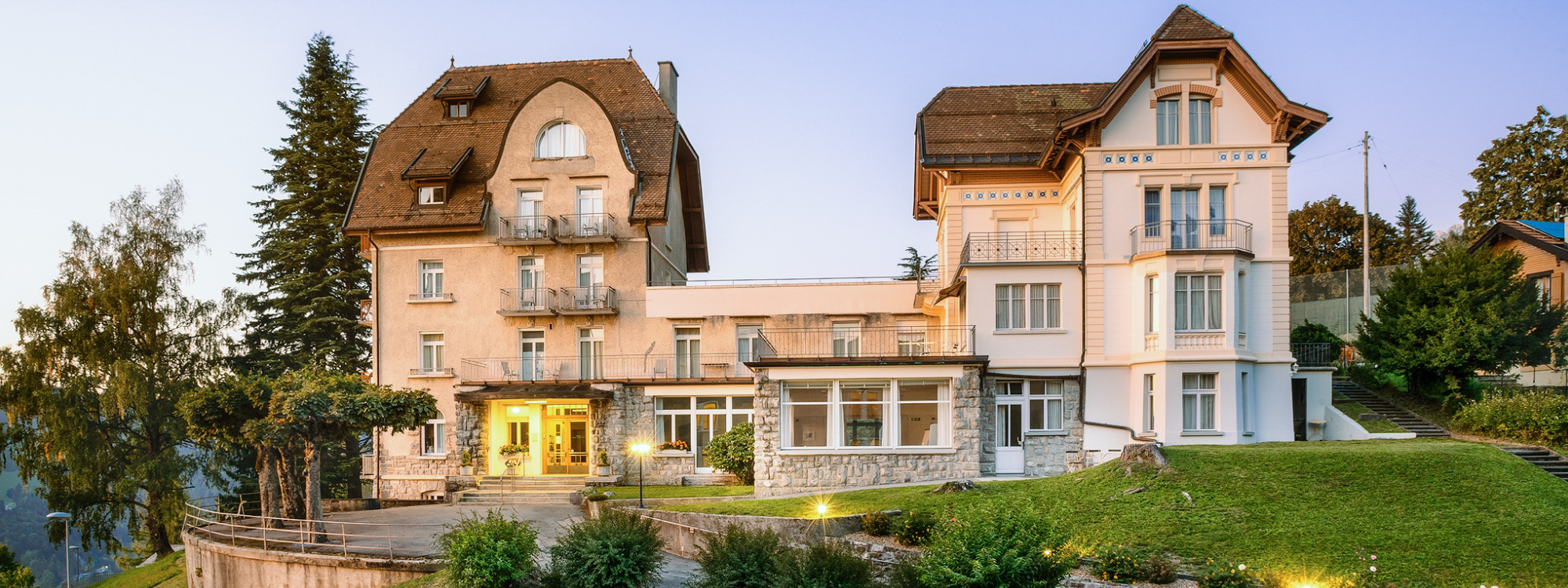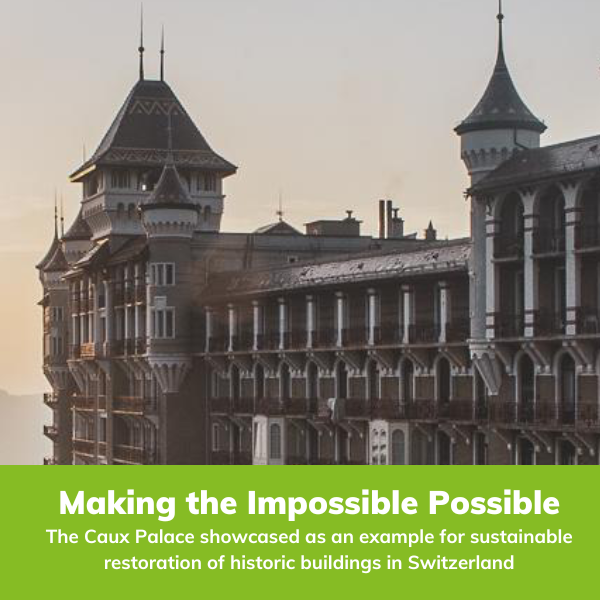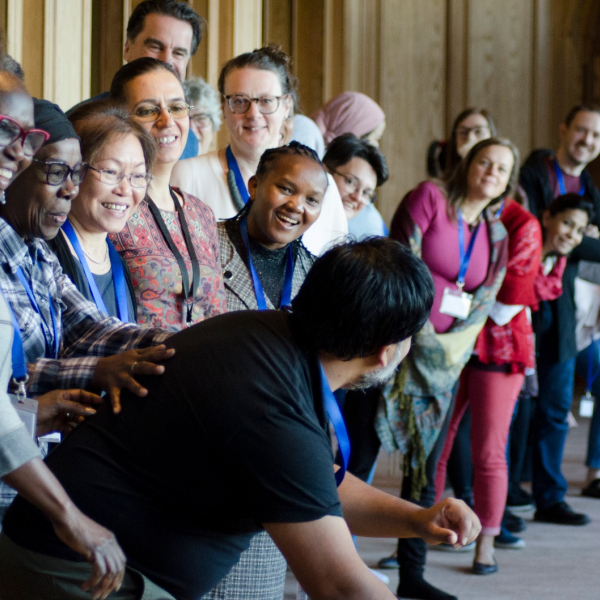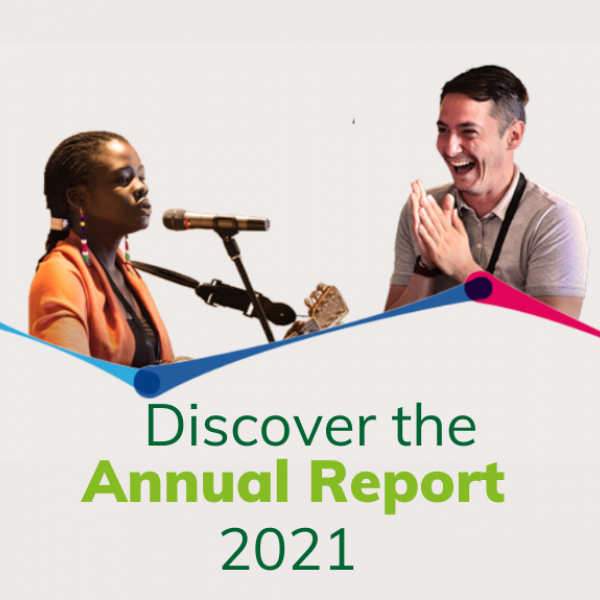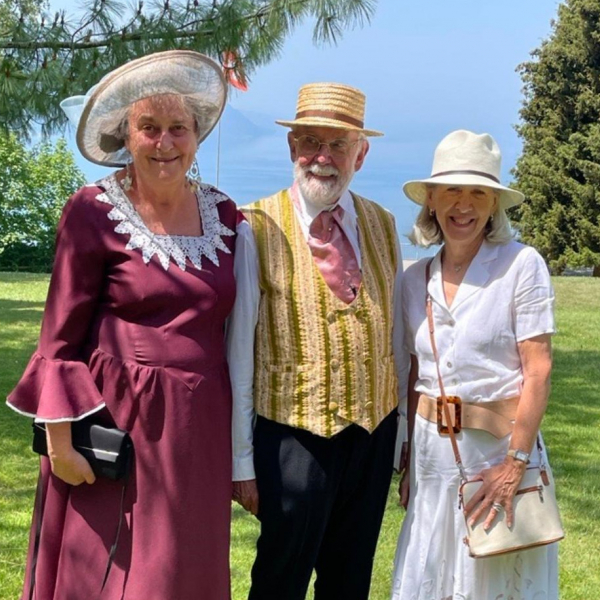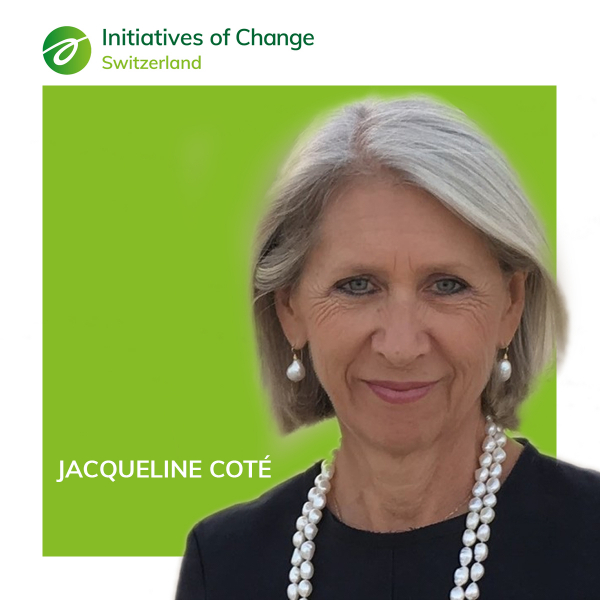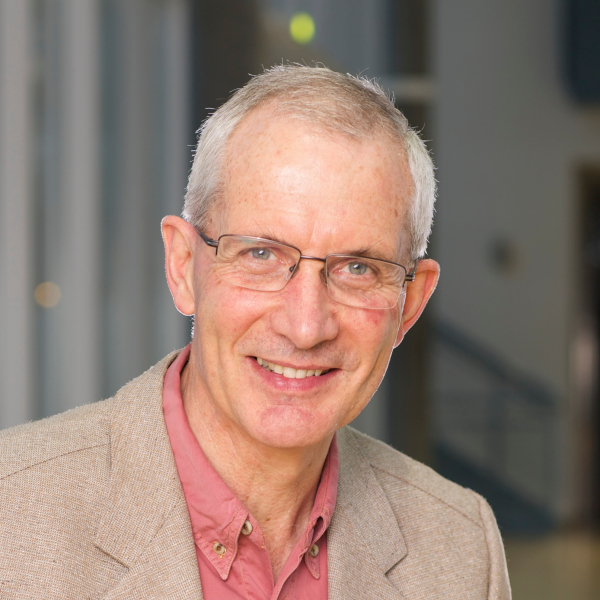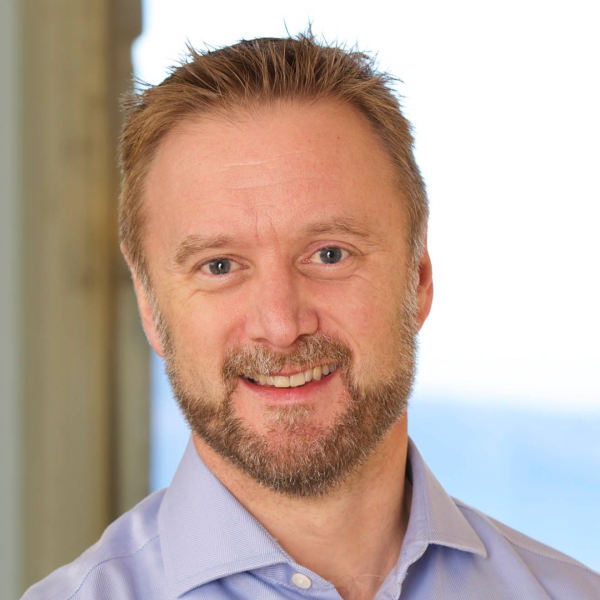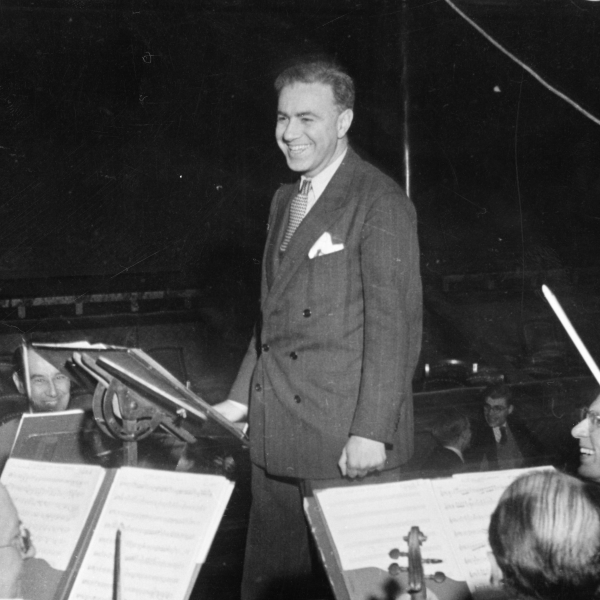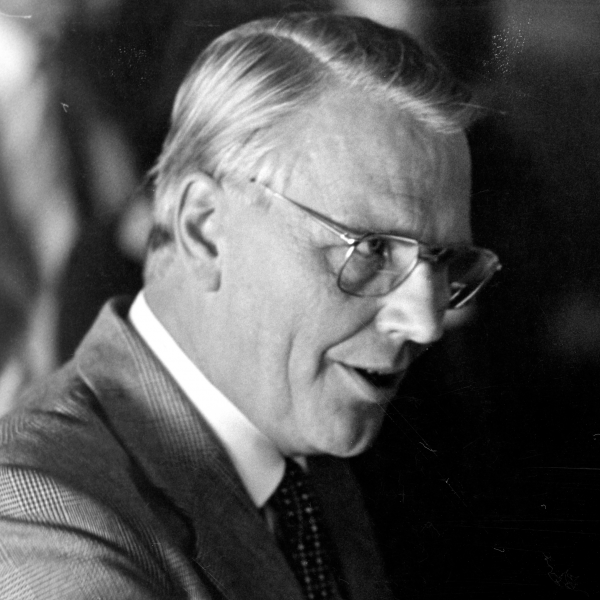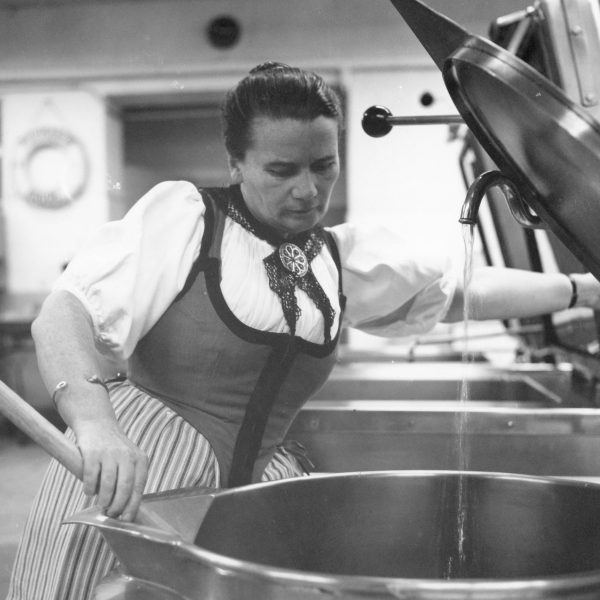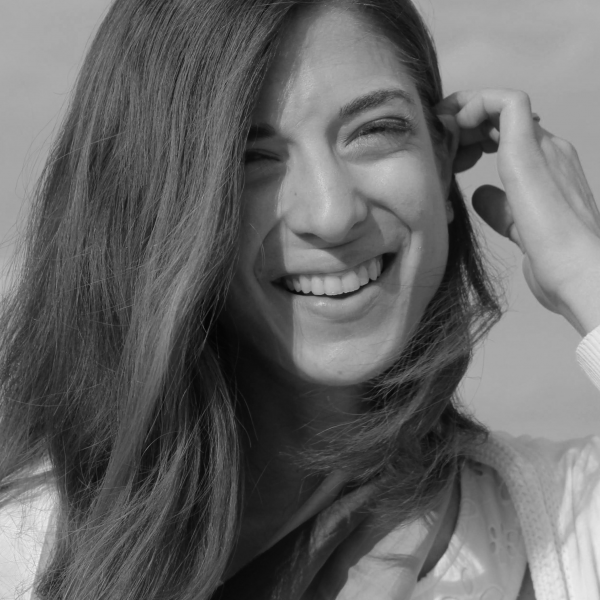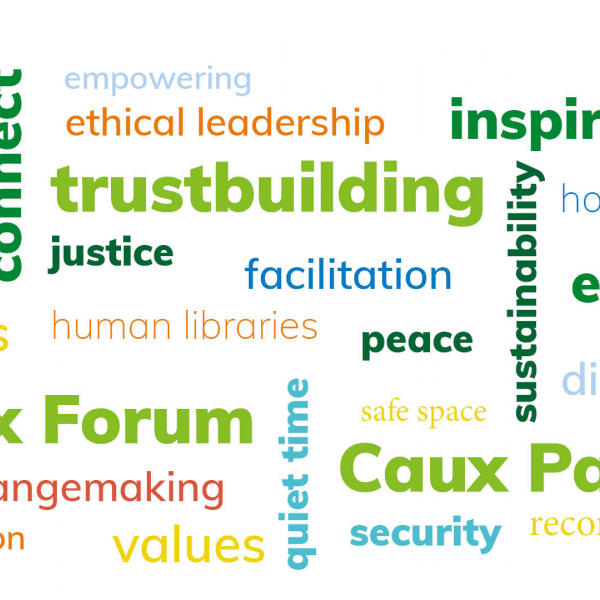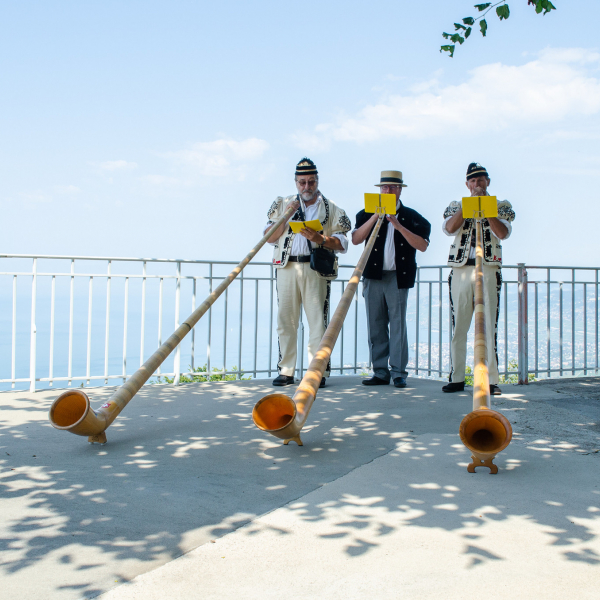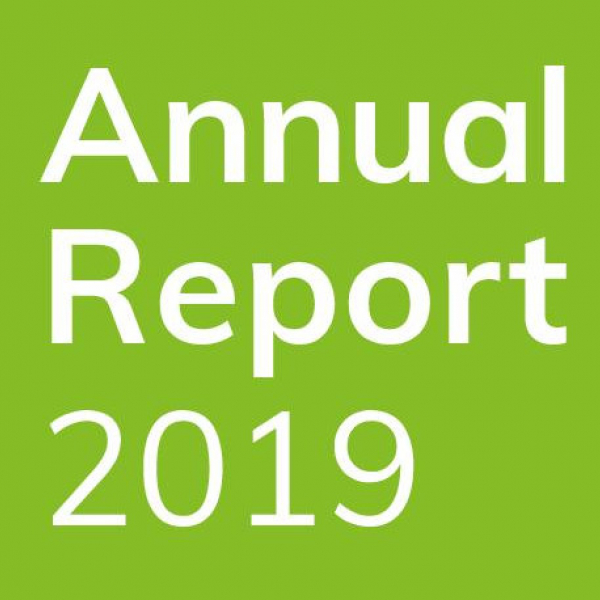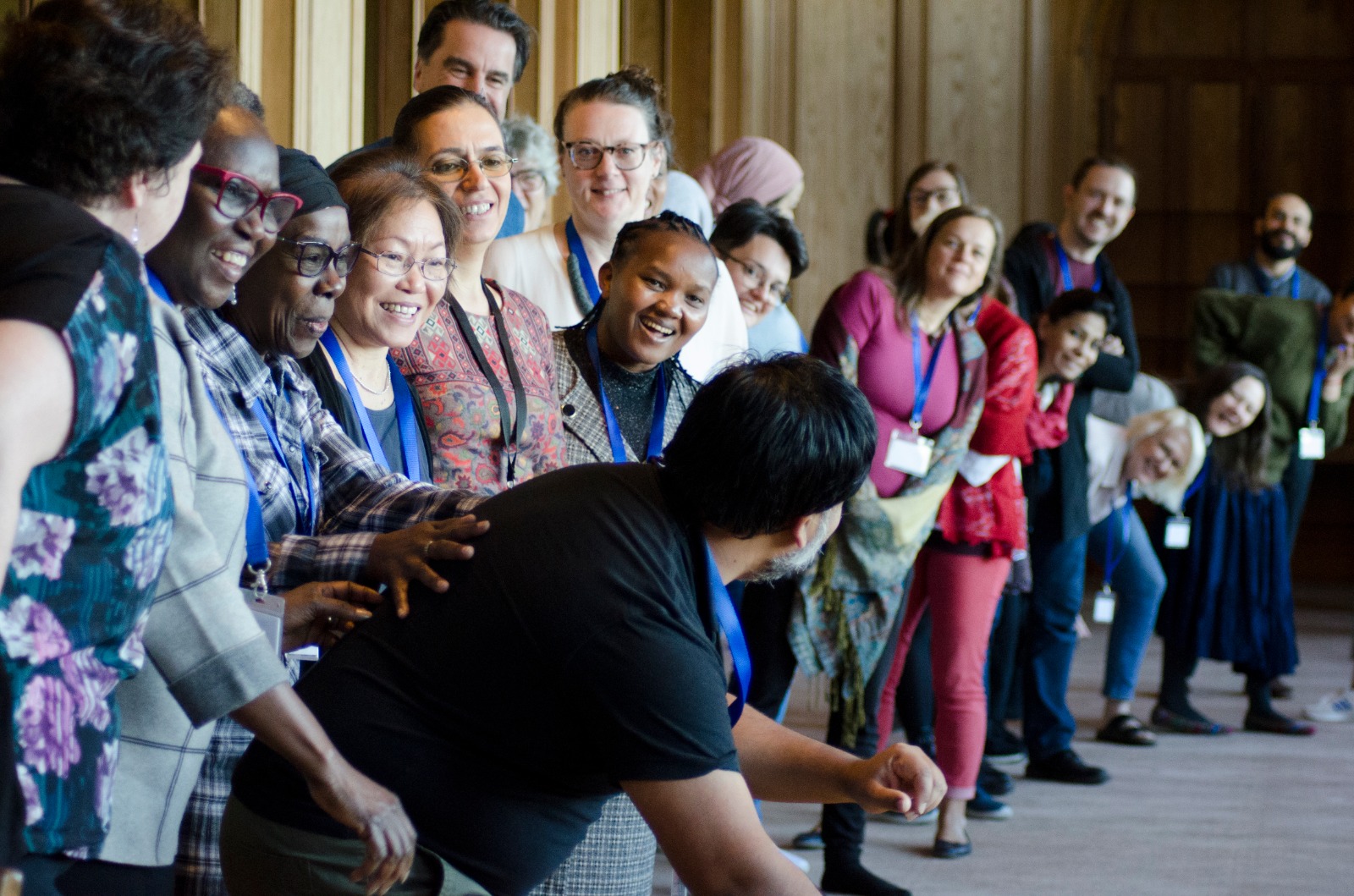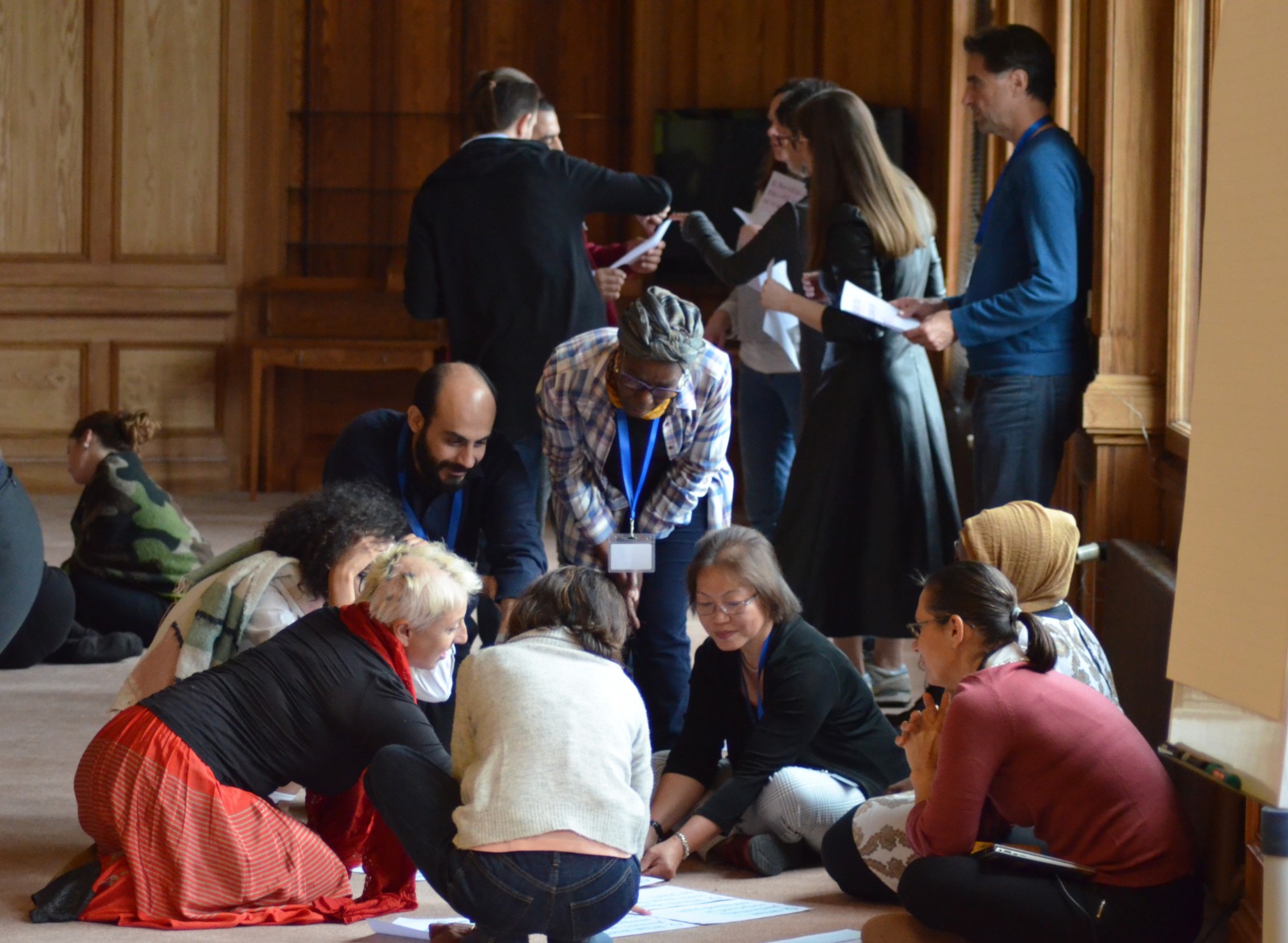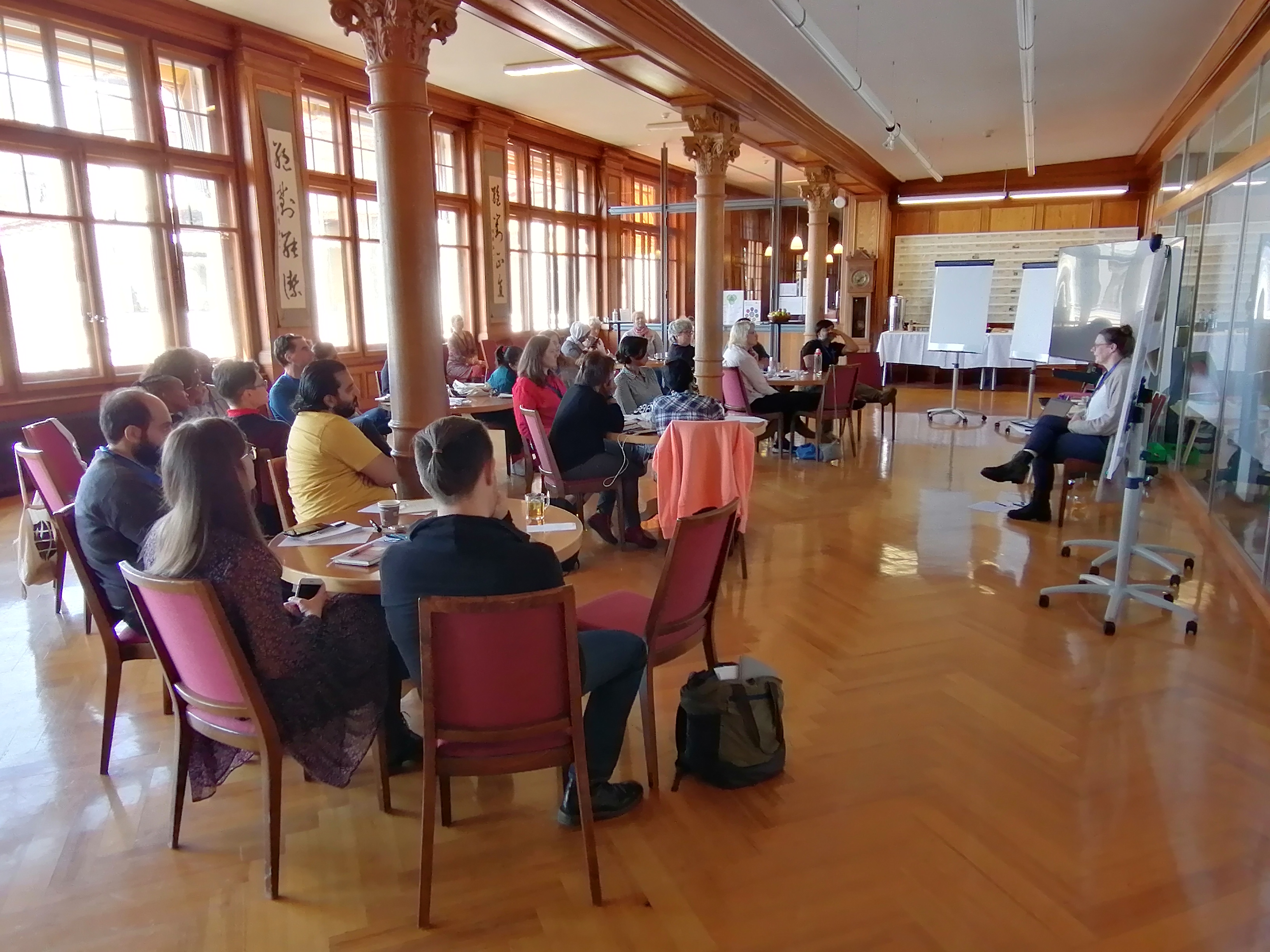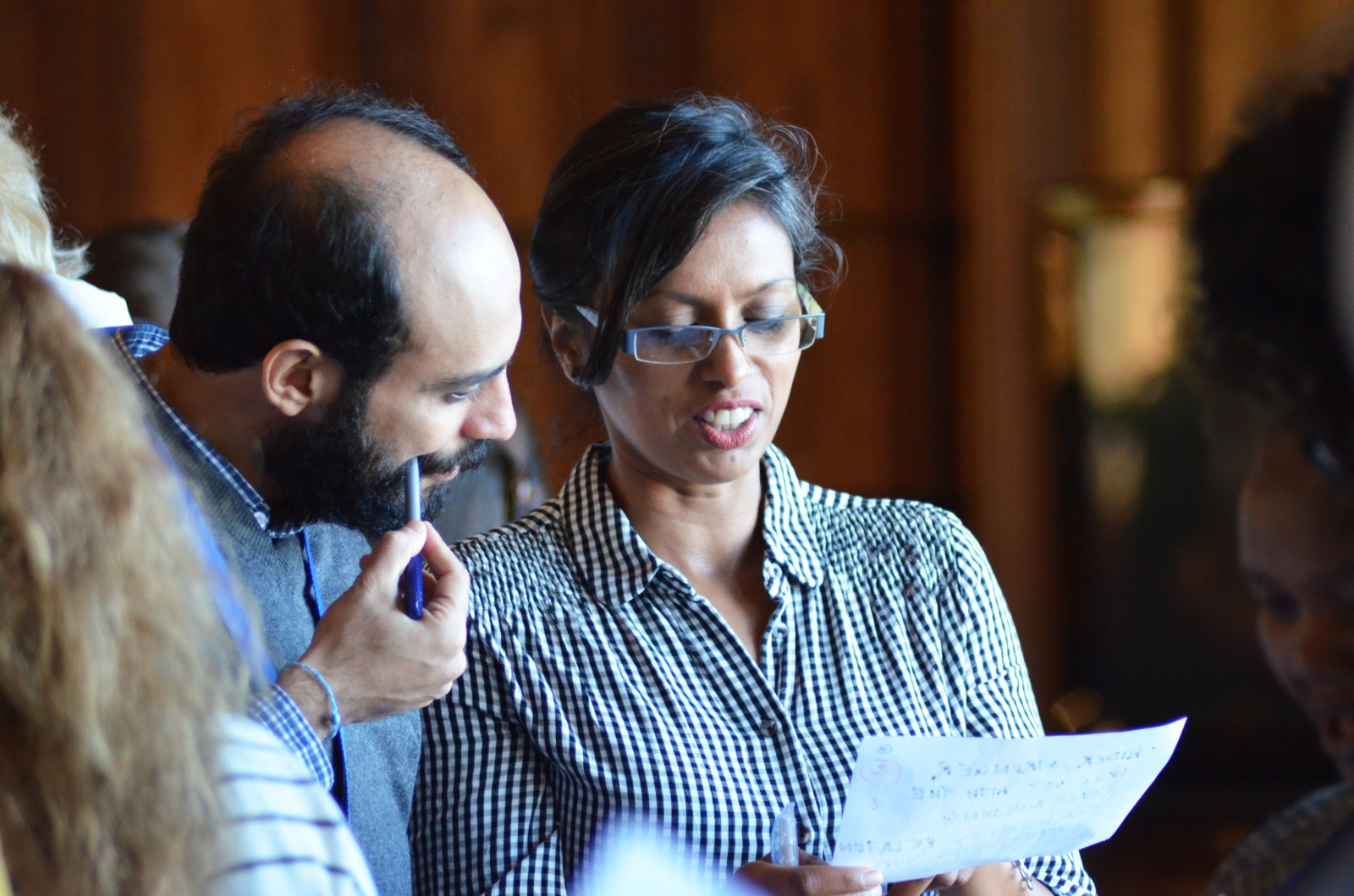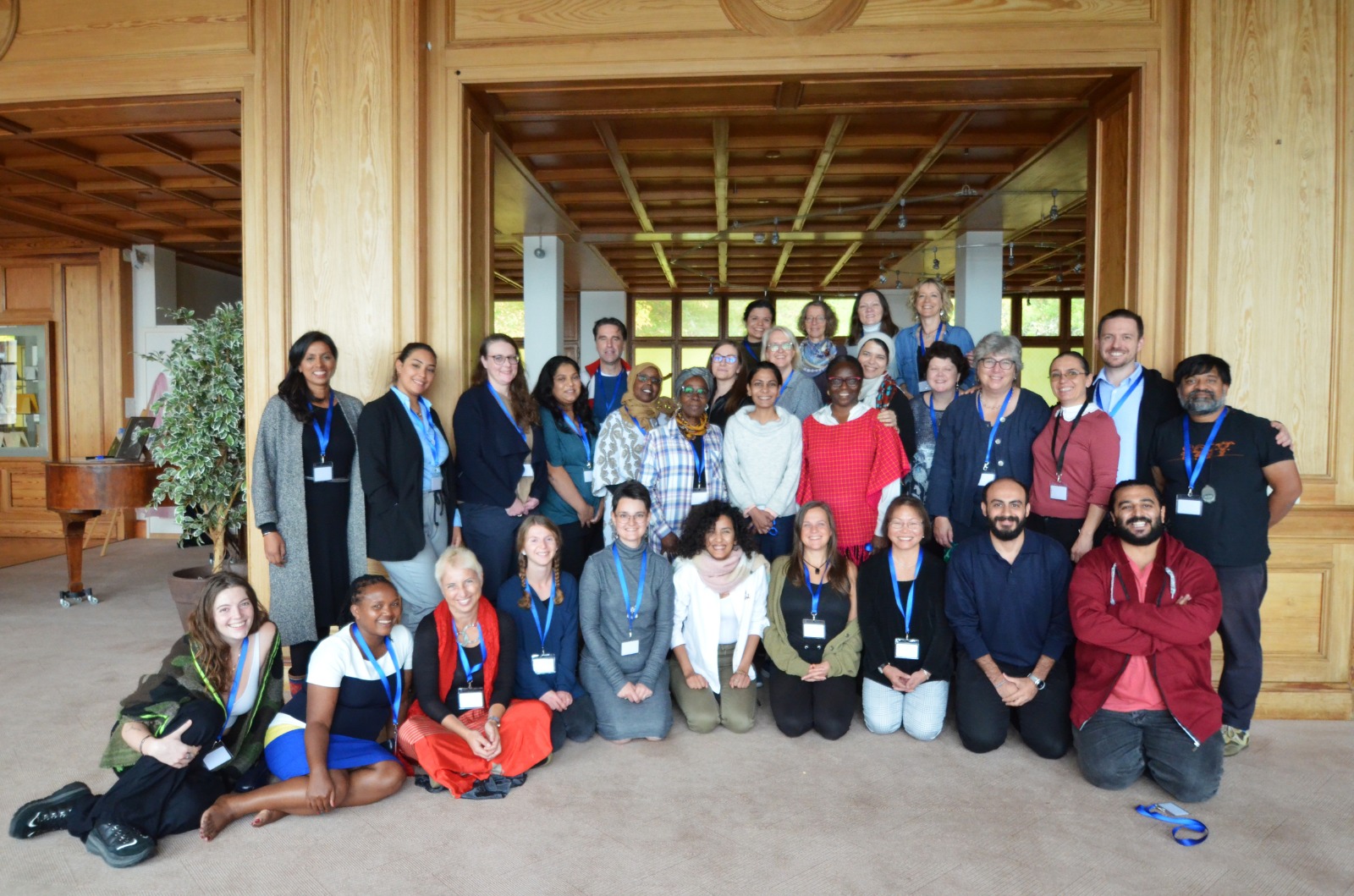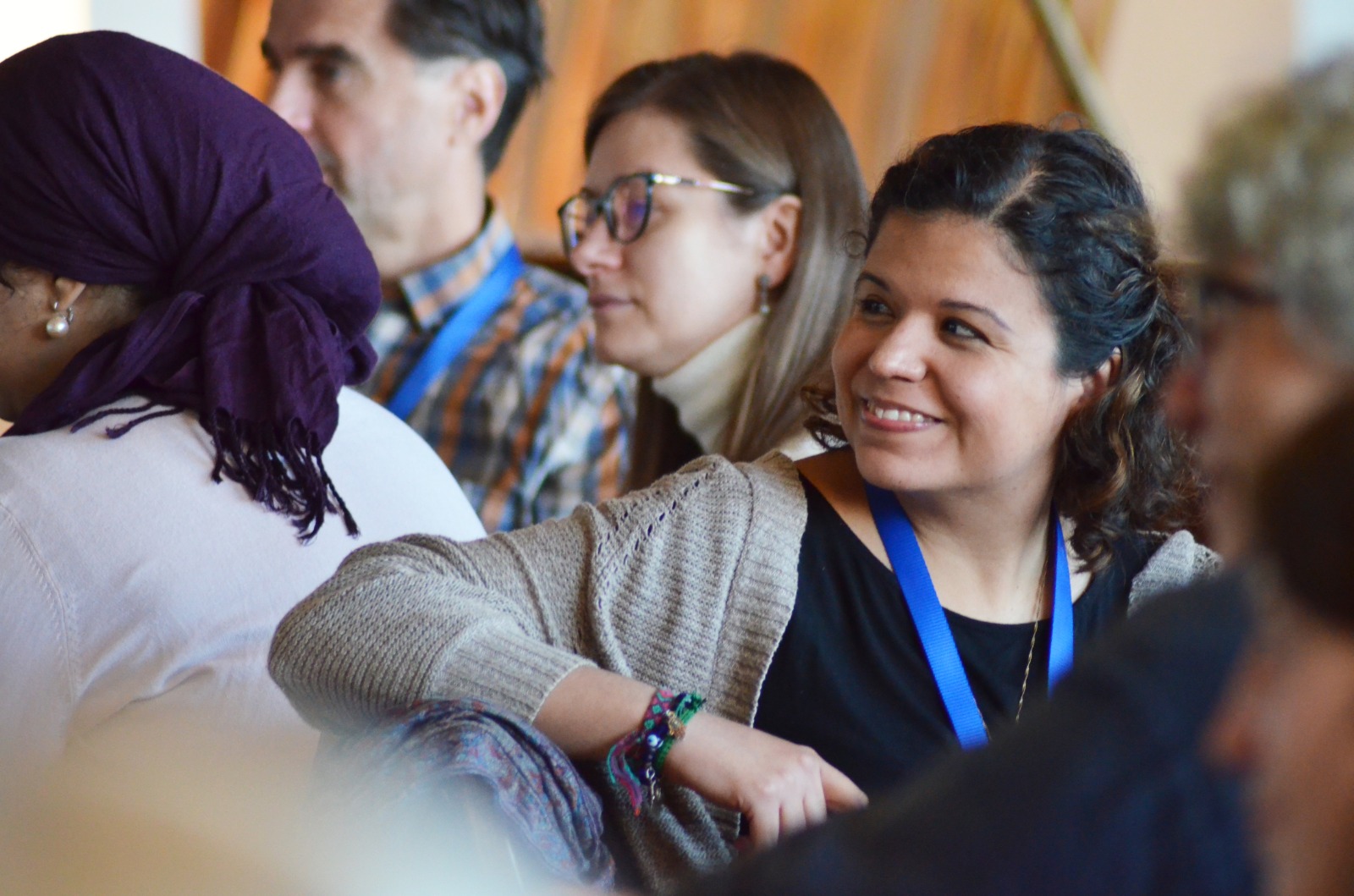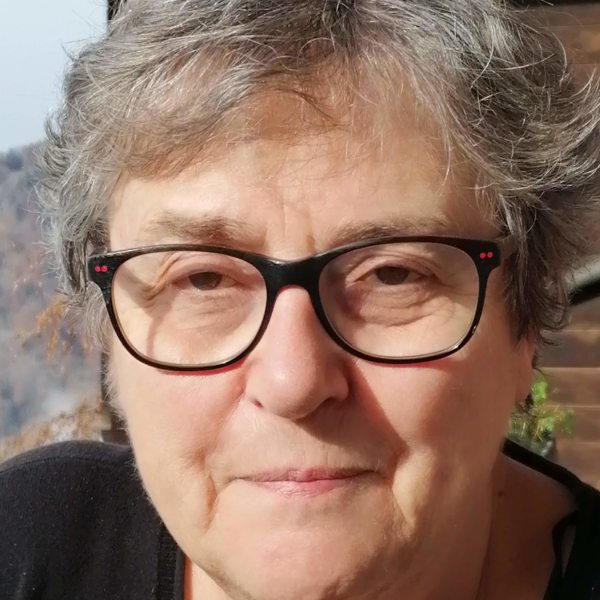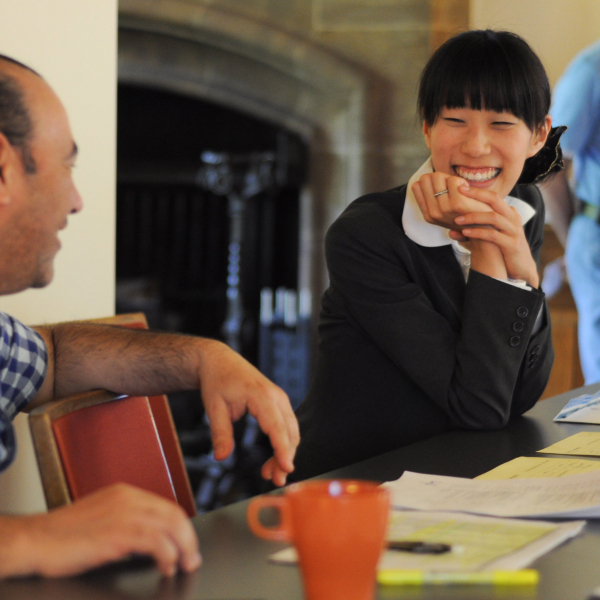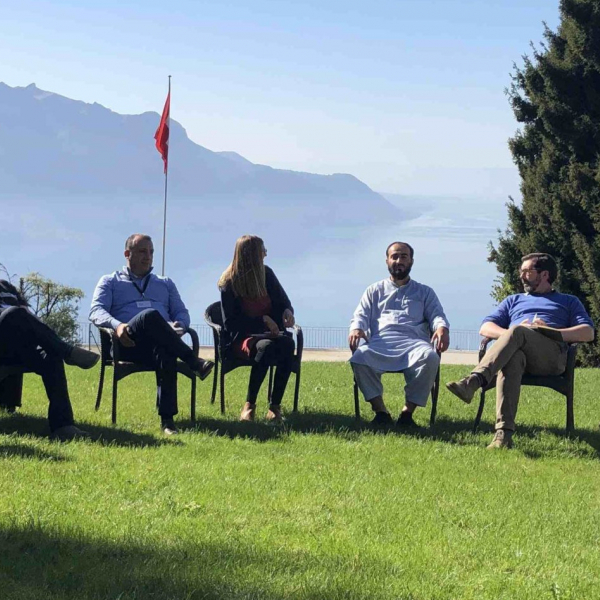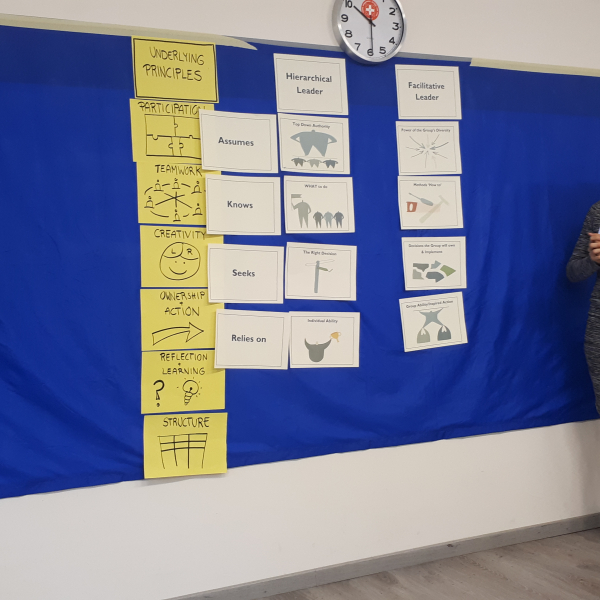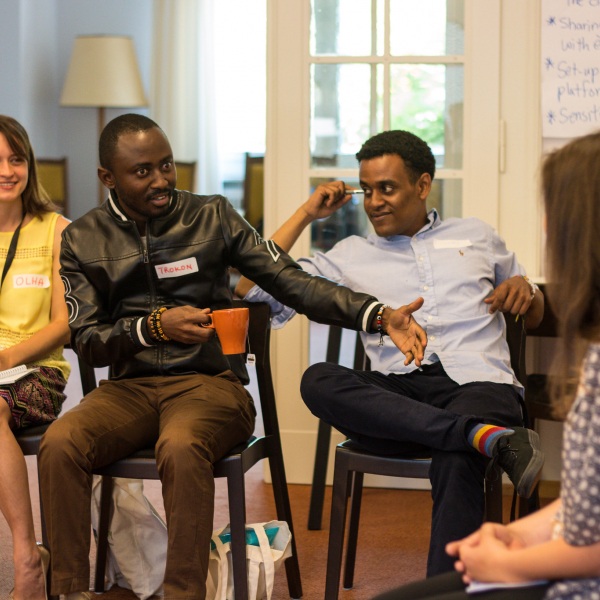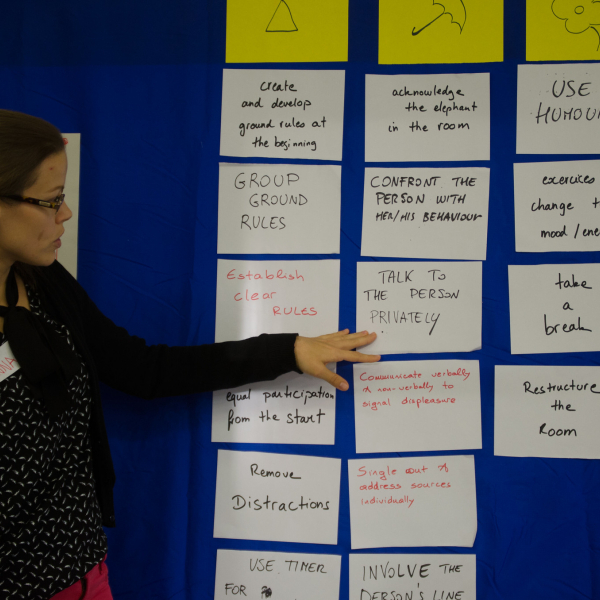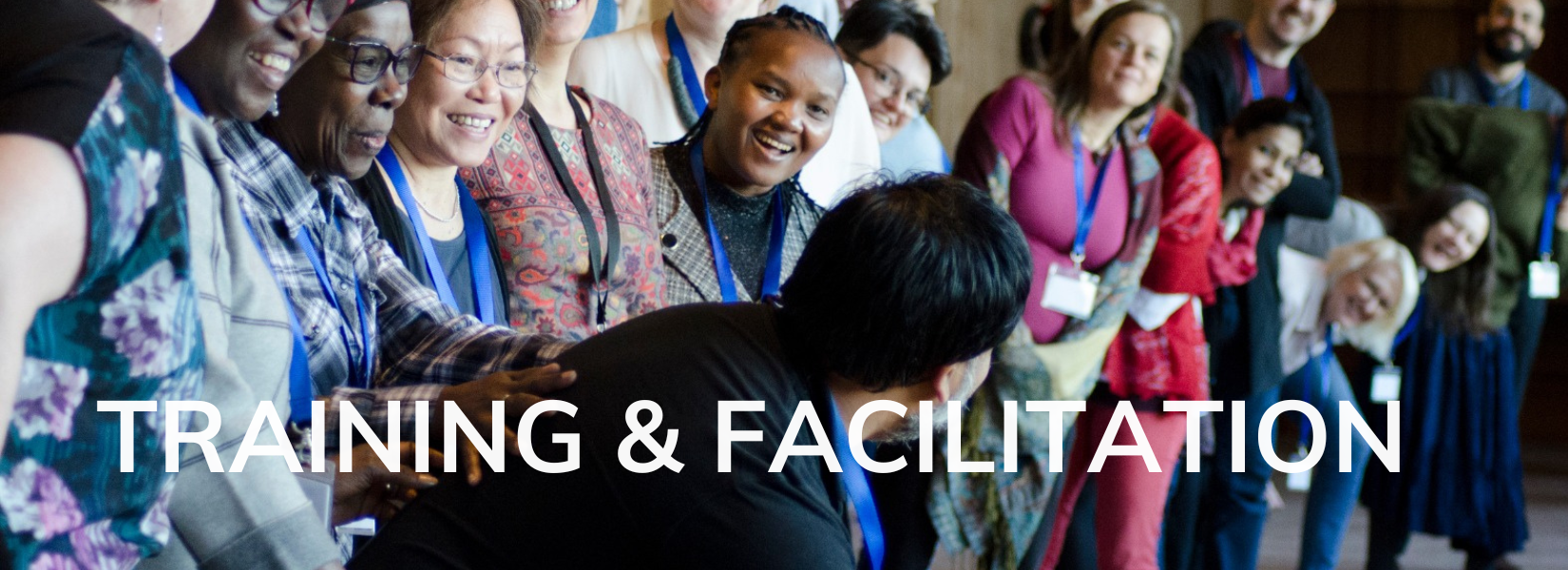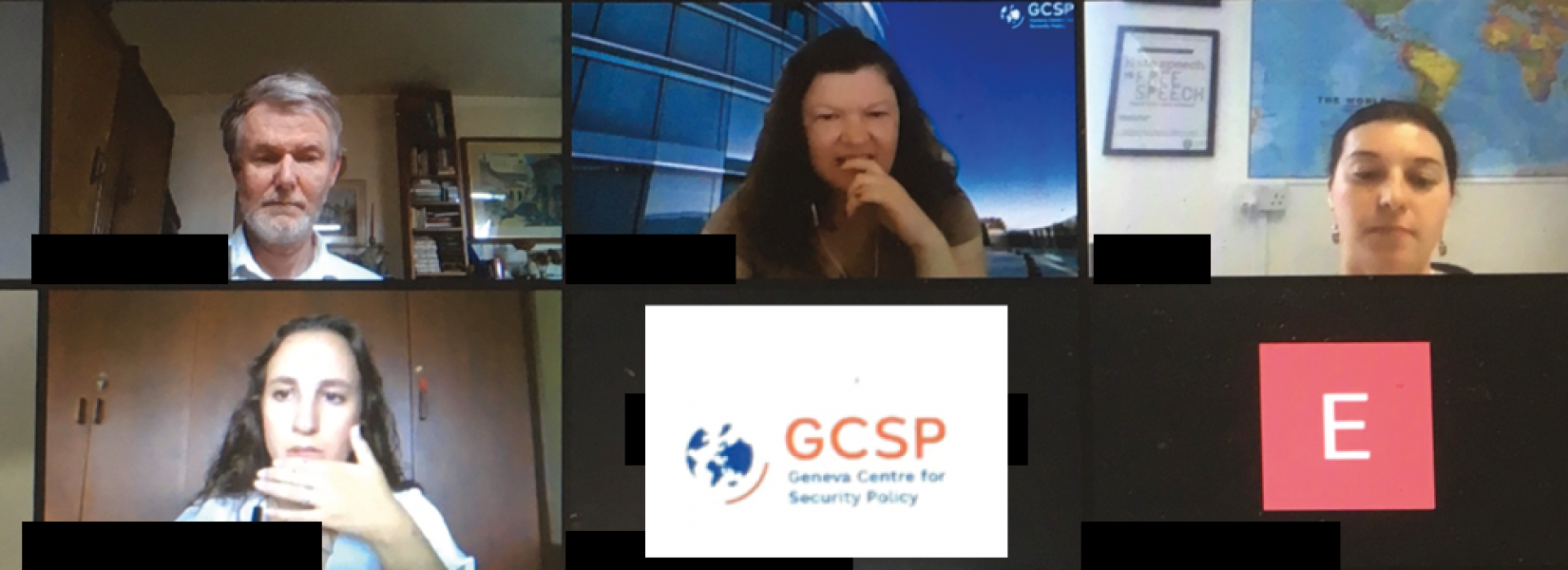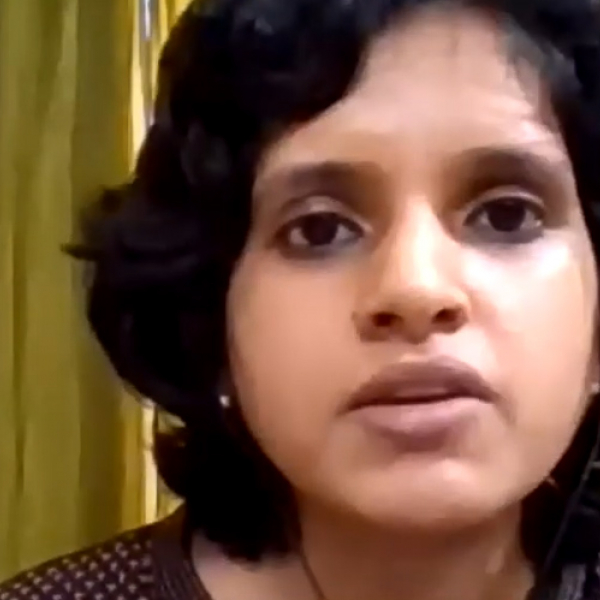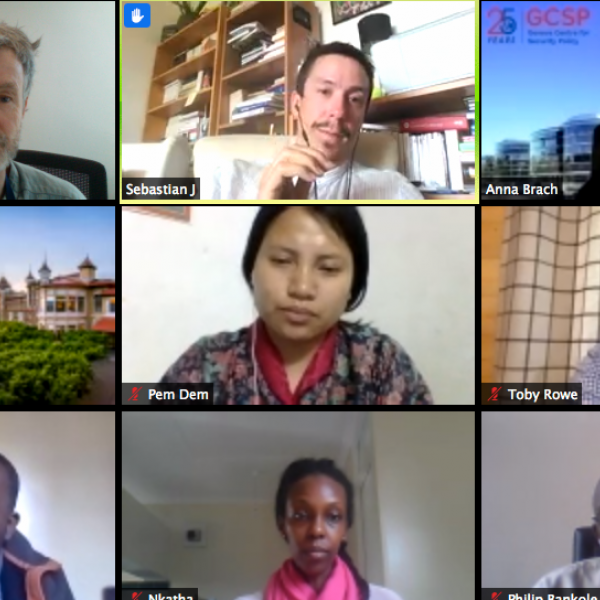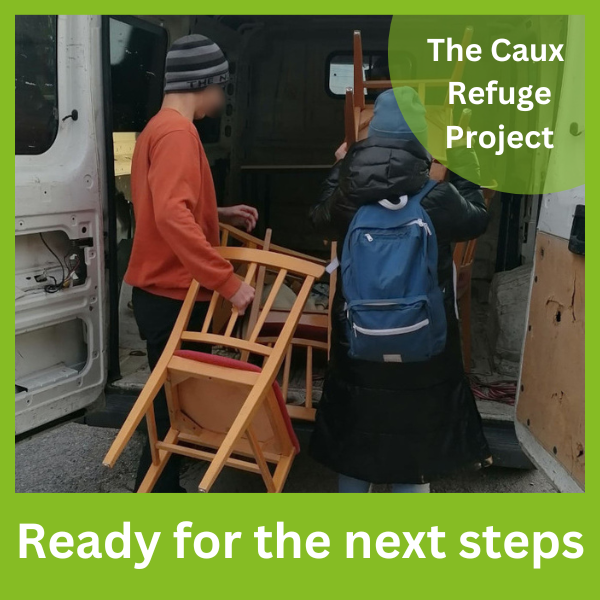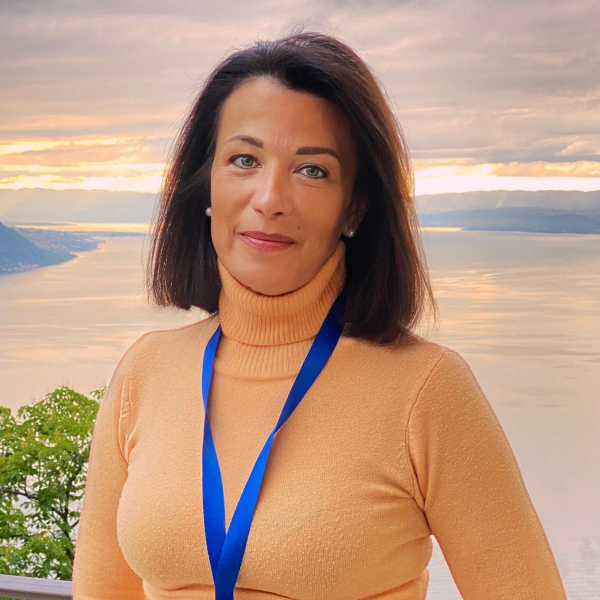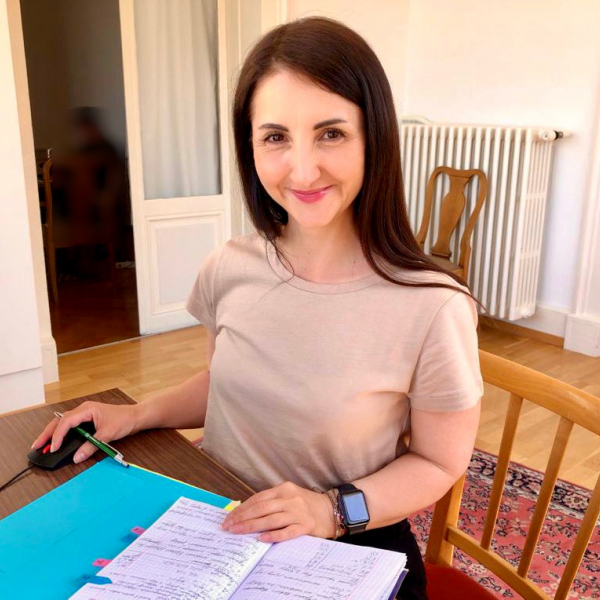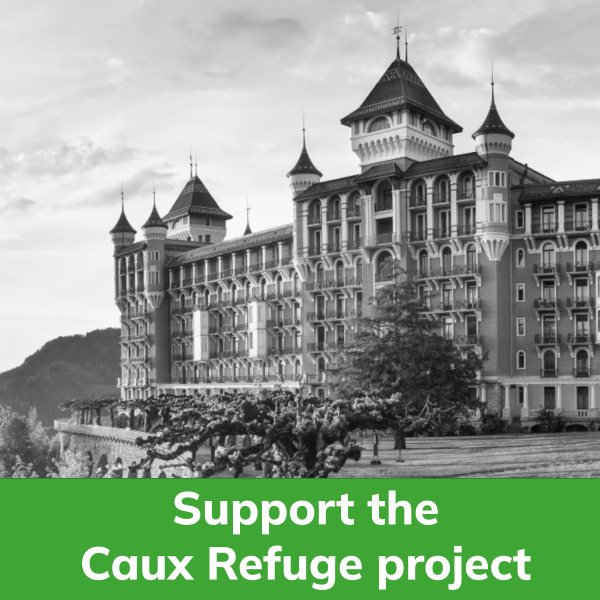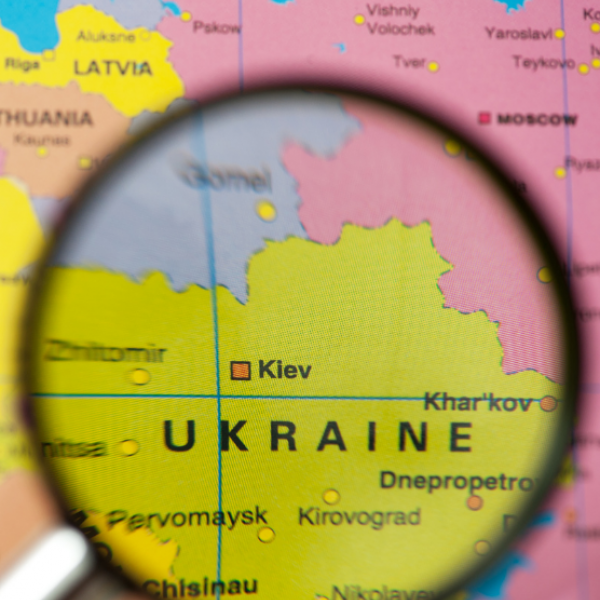Caux Forum 2023: Save the Date
17 - 26 July 2023
15/12/2022
The Caux Forum is returning with two in-person events in July 2023 and aims to bring to the world an urgent message of hope and challenge. Some online elements will be incorporated to include those who can’t participate in person.
Opening Ceremony
18 July 2023, 10:00 – 12:00
A panel discussion on key challenges facing community trust-building and where we can find hope.
Healing the wounds of the past
17 - 22 July 2023
This event will provide a space for all who are searching for healing, reconciliation and ways to rebuild trust.
Broken relationships result from unhealed wounds, often transferred through generations. But healing can come. New energy, vision and calling can emerge from each step taken to repair a relationship. Trust can grow again, and with it the cooperation needed to answer the huge challenges we face globally. Including creating a new relationship with our natural environment.
Trust and Integrity in Democracy
23 – 26 July, 2023
How can we see a resurgence of trust in our political systems? And what can ordinary citizens do to reverse this trend and strengthen democracy in their respective countries?
This event is for those who want to discover how to help their countries respond effectively to internal and global challenges.
Please hold space in your schedules to join us at the Caux Forum in 2023.
Jacqueline Coté (President IofC Switzerland) & Gerald Pillay (President IofC International)
Lost in Translation: Volunteering at the Caux Refuge
A Caux Refuge blog by Eliane Stallybrass
28/11/2022
When the first Ukrainians arrived at the Caux Refuge at the IofC conference centre in Caux, Eliane and Andrew Stallybrass were amongst the first volunteers to welcome them at the Villa Maria and to offer support. Eliane knew that learning French would be essential for them to help them settle down more easily and she quickly set up French lessons. She writes:
There are about 15 of them, sitting in front of me, attentive, trying to grasp what I am explaining to them about the French language. They are Ukrainians who had to leave their homes in a hurry and find themselves in a country where they have to start from scratch.
They are learning a language they did not plan to learn, and have to find jobs, when in most cases they had one. They had friends, activities, a house, now perhaps destroyed. I look at them with a mixture of anger for what they are going through and tenderness for their efforts.
Right after the war started in February 2022, IofC Switzerland made the Villa Maria available to Ukrainians in need of a safe space. There are 24 of them currently living at the Caux Refuge. There are children, several of whom are now in school. There are grandmothers. And there are those in the prime of life who now have to learn the Swiss laws on work, hoping to find some soon.
There are nurses, a pharmacist, a university professor, a politician, an electronics engineer, mothers. The teachers continue to teach students in several countries via the internet. Most of them knew Initiatives of Change before they arrived, either through visits to Caux – for conferences or Weeks of International Community (WIC) – or through the Foundations for Freedom programme, initiated and developped by IofC in the 1990 and early 2000s, and well developed in Ukraine.
The IofC Switzerland Foundation hired two liaison officers, Ekaterina and Maria, to help the Ukrainians in Caux navigate the Swiss bureaucracy. They all now have their S permits, which enable them to stay in Switzerland, and, thanks to Ekaterina and Maria who speak their language, they are able to go to the doctor or the employment office.
They have found French courses and take two or three classes a week. And they discovered, as I did at my expense, that the syntax of French and Russian is not at all identical. For example, it took me some time to understand that in Russian the verb ‘to be’ does not exist in the present tense. ‘Me tired’ is enough in Russian. No need for a verb!
Modern technology helps a lot in overcoming obstacles. They all came with mobile phones. This enables them to keep in touch with their friends and family, who are often dispersed too. And the phones help them to discover courses and activities in the region.
They introduced those of us volunteers who hadn’t used them before to the translation apps for smart phones. You can say whatever you want and the translation into Russian or Ukrainian appears immediately. And vice versa. Mind you, the result is not always very accurate, which can lead to some amusing misunderstandings.
When the village of Caux learned of the arrival of the Ukrainians, people mobilized enthusiastically. Donations of clothes, toys and everyday items poured in.
Even the mayor, Olivier Gfeller, became a friend. He joined us in celebrating Orthodox Easter and on a boat trip to Le Bouveret, where the whole group enjoyed the Aquaparc, with its little trains that let them discover Switzerland in miniature. On this occasion, the group gave him a Ukrainian flag which they had all signed, with the names of their home towns.
Nine months after the war broke out, they are now preparing for the long term. Swiss hospitals are short of nurses and restaurant owners are tearing their hair out over the shortage of staff. Let's hope that employers will welcome these friends who want to integrate into our society as quickly as possible.
I fear they may have to stay away from home for a long time.
YOU CAN HELP!
Since the beginning of the war in Ukraine, millions of displaced people have left their homes in search of a safe space. In an emergency response, Initiatives of Change Switzerland opened the doors of its conference centre in Caux, to offer a refuge and shelter for those impacted by the war.
The Caux Refuge is located at the Villa Maria, right next to the Caux Palace and Initiatives of Change Switzerland works closely with local authorities.
As our own sources of funding are running out, we need your help to support the Caux Refuge financially. We need CHF 20,000 to ensure that the group can be hosted until the end of 2022. We will use these funds to finance food aid and other costs related to the group's stay at the Villa Maria in Caux.
We thank you for your support. Please pledge your support here and specify “Caux Refuge” when making your contribution. If you have any proposals and questions, please get in touch with us.

Please note that the opinions expressed in these articles are those of the interviewees and not do not necessarily reflect the opinion of the interviewer and Initiatives of Change Switzerland.
Photo top: Maria Raffin
Training of Trainers and Facilitators in Caux: 'Only the beginning'
14/11/2022
What happens when 26 IofC trainers and facilitators from 12 countries embark on a three-day learning journey in Caux on designing and facilitating participatory learning experiences? At the opening session of the Training of Trainers course (5 - 9 October 2022), everyone’s relief at finally being back in Caux and meeting up in person was palpable and the smiles on people’s faces throughout the entire course spoke volumes.
‘It’s not just about us!’
The intensive training course had been organized by IofC Switzerland’s training manager, Diana Damsa (Romania). Its aim was to enlarge the existing pool of people who can professionally deliver training and facilitation based on IofC’s core principles and practices.
The 26 participants came from very different walks of life and from all over the world, including Kenya, India, Ukraine, Egypt and Mexico. They were all determined to make the most of their time in Caux. A participant from Egypt explained, ‘I am looking for a life of purpose.’
While most of them had experience of facilitating, coaching or teaching, others were beginners. But all of them were eager to extend their skills and knowledge. As one said, ‘What we are doing is not just about us. It’s about the wider community. It’s about coming together, to get the wider picture.’
What needs to happen for learning to take place?
Trainers Bhav Patel (UK/Moldova) and Kate Monkhouse (UK) guided the trainees through a range of sessions covering the role of trainers and facilitators, how to involve participants and how to design training programmes.
Bhav Patel invited the trainees to have a ‘beginner’s mind’ and explore what kind of experience they would like their participants to have. He challenged them to do a proper needs analysis to get everything in place for a successful programme: ‘Always make sure not to lose yourself in assumptions about what a potential client might expect.’
He presented different models of how to provide the best possible learning experience. ‘The better you are prepared, the more you can improvise,’ he said, urging the future trainers to explore their own talents and skills.
What is special about IofC’s offer?
Kate Monkhouse’s sessions particularly focused on the values which distinguish Initiatives of Change from other organizations offering similar services. In a growing sector, it is important to know what makes our offer special and to find innovative ways of using these assets.
A participant from Germany saw the main difference in the fact that ‘people come as strangers and become friends’. Others spoke of the creation of a feeling of connectedness amongst participants, the focus on silence and reflection, the readiness to listen to others and see their perspectives, and the provision of a safe space where people can learn and un-learn and connect the personal, local and global.
‘Only the beginning!’
The sessions were a mix of theory, case studies and practical exercises, enabling all participants to find their place in the process. A university teacher from Tunisia said: ‘I have been so exposed to theory through my job, but the course clearly showed me my role as a facilitator. This is only the beginning!’
These three days were a first step into a new adventure, preparing the ground for professional training and facilitation offers in Caux, Geneva, online or at clients’ premises. A network of motivated trainers and facilitators has been created and we look forward to the way ahead.
What they said
I will be implementing a lot of things in the format of the programmes I already work with.- Ann, Kenya
I am very grateful for these days. So much information. So many models. So many structures to help us become more professional in designing events. - Elly, Netherlands
This training has stirred something deep in me. - Monica, UK
The Training of Trainers course was a solid base to build on. I feel it’s a turning-point for me, a next step with IofC Switzerland. - Margret, Switzerland
It helped me a lot to reconnect with myself. It is one of the first trainings I have done where I feel really eager to deeply study the content, apply it in practice and discover the next steps. - Alevtina, Germany
I am grateful because I feel I am not alone, because I know there are next steps and it’s not just related to this training. There is something global here. I am very grateful for this space. - Dasha, Ukraine
This course has been a gentle, humane and professional reminder of my calling. We all share doubts about what we are doing. Yet sometimes we need - and we can be - each other's mirrors to shed light of the good and reflect on what can be improved. And then this might take us back to the road of impactful meaning. - Asmaa, Egypt
Our training offers
Are you a changemaker or work with people who need more skills, refreshed motivation and focus, clarity for the next steps or ways for having more impact?
Do you want to inspire, equip or connect your staff, team, or the people you are reaching out to through your work?
Discover all our training offers here and get in touch!
OUR TRAINING OFFERS
By Ulrike Ott Chanu / Photos: Diana Topan and U. Ott Chanu
Valentin Brunet
Valentin Brunet is a Swiss and French national who has worked as a manager and assistant manager for hotels in the canton of Valais in Switzerland before joining the Foundation in 2022. With a background in hotel management and a financial training applied to hotels, he had the opportunity to work in various establishments to manage various projects and events related to the hotel and restaurant industry.
Claude Dubey
Originally from the canton of Neuchâtel, Claude Dubey lived there until 2008 before she went a long trip to the USA to learn English. On her return she moved to Fribourg, Switzerland, and then to the countryside of Lausanne before settling permanently in Valais in 2015 where she is raising her daughter. Claude loves nature and the outdoors and enjoys skiing or walking in the mountains, swimming in the clear waters of the lakes and tasting the culinary wonders of Switzerland.
'First, understand the problem!'
An alumni event of the Summer Academy on Land, Security and Climate
06/09/2022
A key objective of the Summer Academy on Land, Security and Climate is to build an inter-disciplinary community of professionals, each of whom are each seeking to forge solutions to problems of environmental degradation and climate change, and the social challenges that accompany them. Although the full version of the Summer Academy did not take place in 2022, alumni from each previous year came together in an online event on 12 July 2022.
Zoom screens opened in Kenya, Nigeria, Portugal, Switzerland, Uganda, the United Kingdom and the United States. The event began with each participant sharing what excites them about their current roles and what might enable them to address their most pressing challenges better.
Across the world, several common themes emerged, notably: the difficulty of communicating messages to decision-makers that result in a change in policies, for example to reduce the risk of environmental disasters; the need for a whole-hearted collective effort to solve environmental problems, and yet the difficulty of achieving this; the challenge of assigning true value to natural ecosystems, such as indigenous forests and oceans, and the marginalisation of traditional systems of environmental management.
The second part of the alumni event consisted of a 'Design Sprint' - a workshop facilitated by Dr Lauren Fletcher of Beta Earth Venture Studio. Dr Fletcher has worked as an engineer and scientist for NASA, among other agencies, and is the inventor of tree- planting drone technology.
Just because you have a solution does not mean you are addressing any problem; let alone something somebody wants.
'Most of us already have insights for innovative solutions to problem spaces we care about,' Fletcher maintained. 'However, just because you have a solution does not mean you are addressing any problem; let alone something somebody wants. So, it really helps to start with a well-defined problem. As changemakers, you have a unique perspective on local and regional problems that are directly or indirectly related to your work,' Fletcher went on. 'By working together, you will be creating an index of problems - you will understand the inter-relationships between different problems better - and you will be inspiring each other to apply your expertise more deeply to build solutions to help your local and regional communities.'
It was the first time any of us had attended a workshop facilitated by a rocket scientist and the Design Sprint, true to its name, unfolded quickly.
Problem statements contributed by the alumni were rapidly grouped under five thematic areas: resource and waste management; environment, deforestation and carbon markets; food security; migration and land security, and governance and policy.
By working together [...] you will be inspiring each other to apply your expertise more deeply to build solutions to help your local and regional communities.
The alumni chose to do a deep dive into the varied problems of governance and policy, seeking to discern and understand their common attributes. As the discussion progressed, an underlying problem emerged: that externally driven governance process and decision-making which marginalises key communities not only creates dependency and asymmetry, it also perpetuates a cycle of non-participatory top-down approaches, further hampering local solutions.
Irene Ojuok, a PhD student in environmental restoration from Kenya, commented that it was 'encouraging that problems which at first seemed disconnected and complicated could be seen more clearly and understood more deeply.'
'I found it tremendously encouraging that we can build on each other's strengths and collaborate in this way,' Dr Alan Channer, a co-director of the Summer Academy, concluded. 'As we continue to model deep collaboration across discipline, sector, background and nation, together we can change the world.'
'Caux and the Summer Academy is one of the best initiatives I have ever participated in. I really appreciate all the dedication and care to make us collaborate and learn something new every time we get together.
Claudia Santos, PhD student in climate change and sustainable development policies, Portugal.
_______________________________________________________________________________
The Summer Academy on Climate, Land and Security is a joint initiative of the Geneva Centre for Security Policy; Initiatives of Change Switzerland; Initiatives for Land, Lives and Peace, and Triple Capital.
Report by Alan Channer and Karina Cheah
Edna Da Costa Sanches
Edna Da Costa Sanches is originally from Cape Verde. She now lives in Switzerland and is responsible for the cleaning of the rooms, halls and meeting rooms of the Foundation's centre in Caux.
'Seemingly small things can bring a lot of good to someone's life.'
A Caux Refuge interview by Anastasia Slyvinska
29/07/2022
This article is the sixth in a series of interviews with people living or working at the Caux Refuge, based at the Caux Conference and Seminar Centre in Switzerland.
_______________________________________________________________________________________________________________________
Since the beginning of the war in Ukraine, millions of displaced people have left their homes in search of a safe space. In an emergency response, Initiatives of Change Switzerland opened the doors of the Caux Conference and Seminar Centre. to offer a refuge and shelter for those impacted by the war.
The Caux Refuge is located at the Villa Maria, right next to the Caux Palace. It currently offers space for up to 30 people and Initiatives of Change Switzerland works closely with local authorities.
Ekaterina Gross has been working as a liaison officer at the Caux Refuge project since April 2022, sharing the position with a collague. Here she reflects on her mission on supporting the Caux Refuge residents in their new life in Switzerland and what this time means to her.
Ekaterina, you’ve worked with Initiatives of Change Switzerland for three months now. What made you join the Swiss IofC team which helps people who have had to flee Ukraine?
Ekaterina: As I’m half Ukrainian and half Russian, the war in Ukraine had a direct impact on me. When it began I volunteered to help people from Ukraine in Geneva, where I live. I met people and helped them to find a place to stay with local families. At some point, I saw that IofC Switzerland was looking for a liaison manager and decided to join the team. I had read the interview with Alina and her mother Lyudmyla and was very touched by their stories. That was one of the things that made me apply. And I share IofC’s values and approach, so joining the team made total sense for me.
What brought you into social work? Did you always know that you wanted to help people?
Ekaterina: I had already worked in this area at a non-profit organization that cooperated with a centre which helped teenage refugees from Eritrea and Afghanistan here in Switzerland. I was in charge of the project which aimed to integrate them into local society: we organized meetings with local people and teenagers. I also organized events where they could showcase their culture.
This experience taught me how important integration is for people who haven’t chosen to move to a country but have been forced to leave their homes. Particularly at the beginning integration is crucial, so that they can understand the culture, customs and laws of the country they have moved to. And, at the same time, these events are important for local people, to stop them being afraid of meeting newly arrived refugees. Yes, these people have been through difficult times but they are here now and open to integration.
Was this the experience that made you understand that this is your calling?
Ekaterina: This was my first job and it showed me how seemingly small things can bring a lot of good to someone's life. I realized that I have a passion for this work. Motivating people to make their lives better, through sharing my own experience of coming to Switzerland and arranging my life here, makes my work meaningful. I’ve been working in the commercial sphere for the past 10 years, but last year I began to think about coming back to the non-profits where I started my career.
(photo: Olga Fairshina)
What was the turning point?
Ekaterina: It was actually a challenging situation in my own family, before the war in Ukraine started. Social workers helped me at that time. Sometimes it was just a simple conversation, where they listened to me, helped with some paperwork I had to deal with, and gave a piece of advice. When you’re in such a situation you don’t really have the energy to deal with it. Then I thought that I would like to become such a person for other people and return to social work.
What makes the experience at IofC unique for you?
Ekaterina: I came to Switzerland alone to study when I was 20. I have been very lucky during these 12 years because I was surrounded by kind and empathetic people. Sometimes I couldn’t understand why they cared and paid attention to me – they were not my relatives or friends. It wasn’t always easy but I learnt and can transfer some of the knowledge I gained to those who have left Ukraine because of the war.
Of course, it's different because it was my own decision to move to Switzerland. I can see how much harder it is for the Ukrainians than it was for me. They didn’t choose to leave their homeland. They didn’t come here comfortably. They came into the unknown, with no clue of what awaited them and no opportunity to return home. It’s so important for me to show that if they have the will and patience, they will find their place in Swiss society and build a comfortable life.
Do you remember your first meeting with Ukrainians in Caux?
Ekaterina: Of course. It was downstairs in the Villa Maria. To be honest, I felt some fear and anxiety. When I first started volunteering in Geneva most of the people I worked with were mothers with small kids. They were absolutely lost, with no clue as to what they would do next or of how everything works here in Switzerland. I felt their pain, their feeling of emptiness. So when I first arrived at Caux I felt anxious because I didn’t know if I would cope emotionally.
So it was indeed an emotional experience for you?
Ekaterina: Yes, even though my previous experience taught me to separate professional responsibilities from emotions. But when people are so close to you culturally and mentally, it’s much more difficult. So I was worried that I wouldn't be able to cope. Being empathetic to the pain of others and being effective in helping them is challenging. But when I met everyone this fear vanished and was replaced by the feeling that I’m home, surrounded by family.
Has this time in Caux been transformative for you in any way?
Ekaterina: Yes, because with IofC Switzerland and the Ukrainians I feel as if I am in a family. I come from a very big family, and the atmosphere in Caux reminds me of it. There is love and care but we can’t avoid some misunderstandings and minor conflicts. I also became more responsible because I saw how small acts of kindness or firm advice to not overstep the limits within Swiss customs can really impact someone's life. The feeling of being valued and doing something meaningful is a profoundly transformative experience.
What is the most challenging thing in your work at the moment?
Ekaterina: You know, I feel so much in the right place that I haven’t felt like that for a long time. But having enough time for all the administrative work is challenging! (laughs)
And what is most rewarding?
Ekaterina: When I see that everyone is putting their energy into something productive. When someone finds a job, a small project, an educational activity like French language courses or even a new hobby here in Switzerland. That is very inspiring. And it is amazing to see people start smiling, communicating and making friends with local people in Caux. It’s a huge transformation for such a short period of time. I couldn’t wish for more.
About the author
Anastasia Slyvinska is a journalist from Kyiv, Ukraine. She has worked as a TV host, a foreign reporter and a manager for media outlets in Ukraine and abroad. Having worked at both Ukrainian and Canadian Parliaments she combines her media expertise with her political sciences background, holding a MA in Political Science. Anastasia has been part of the IofC community since 2014 when she first participated at the conference Just Governance for Human Security. She is currently living in Lausanne, Switzerland.
YOU CAN HELP!
As our own sources of funding are running out, we need your help to support the Caux Refuge project financially. We need CHF 20,000 to ensure that the group can be hosted until the end of 2022. We will use these funds to finance food aid and other costs related to the group's stay at the Villa Maria in Caux.
We thank you for your support. Please pledge your support here and specify “Caux Refuge” when making your contribution. If you have any proposals and questions, please get in touch with us.

Please note that the opinions expressed in these articles are those of the interviewees and not do not necessarily reflect the opinion of the interviewer and Initiatives of Change Switzerland.
Photo top: Corinne J.
